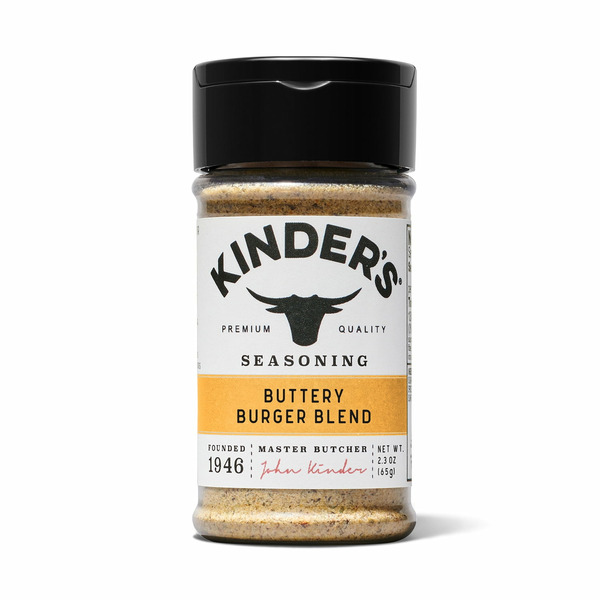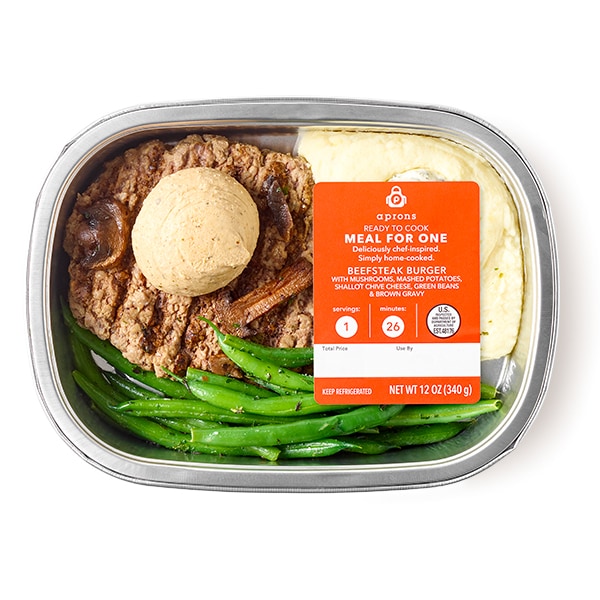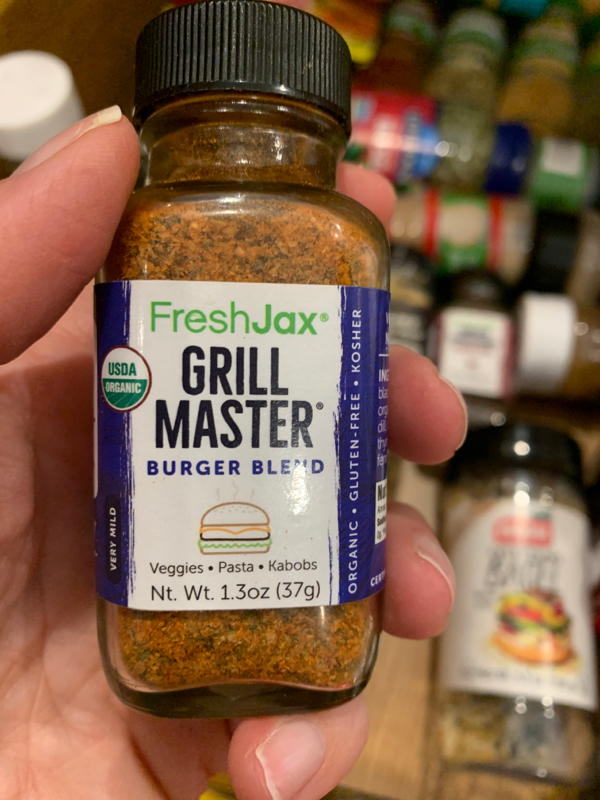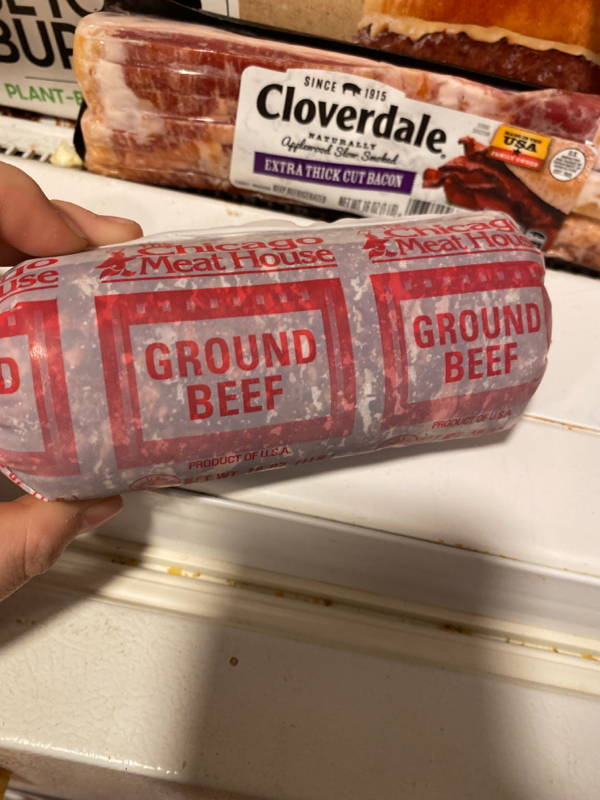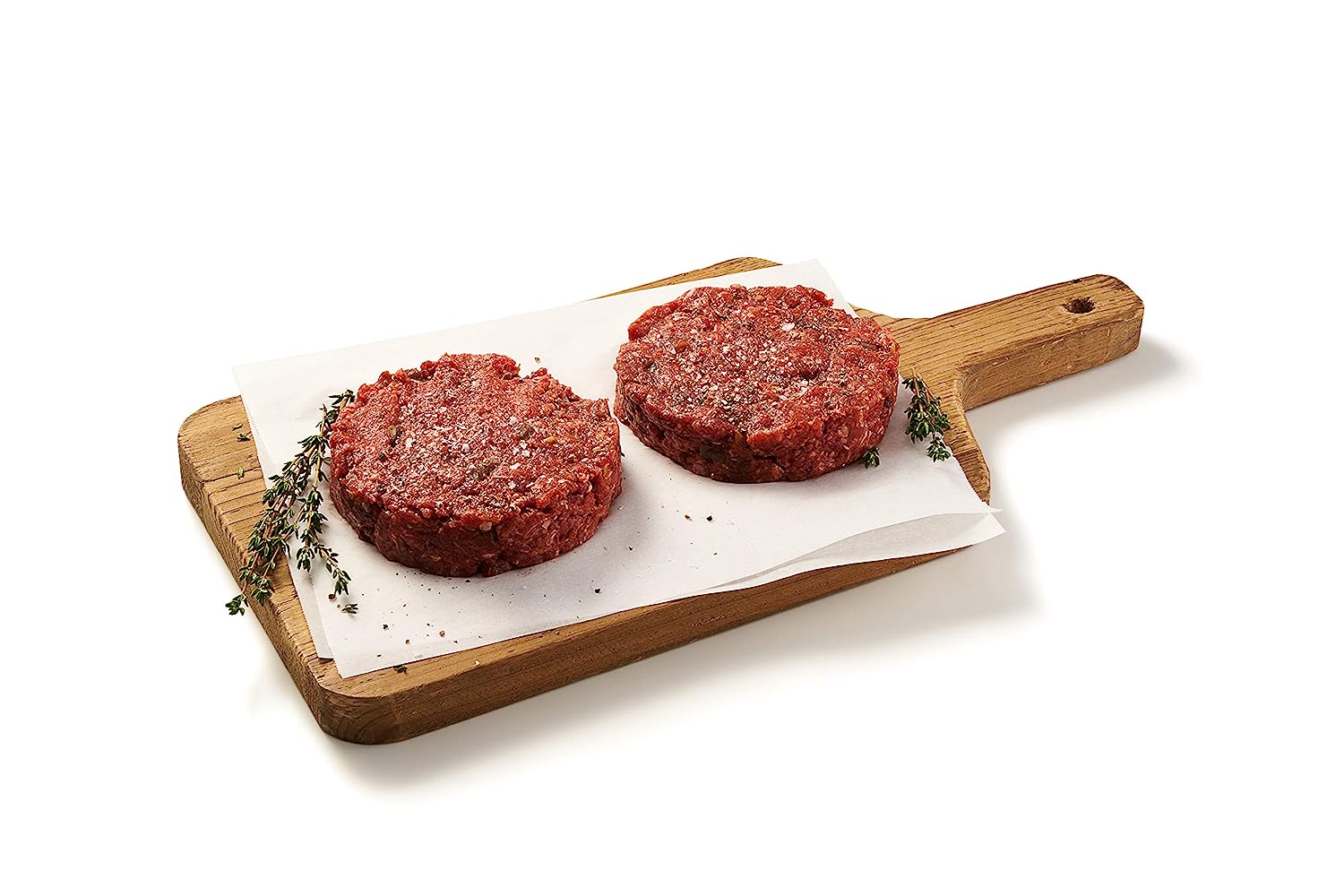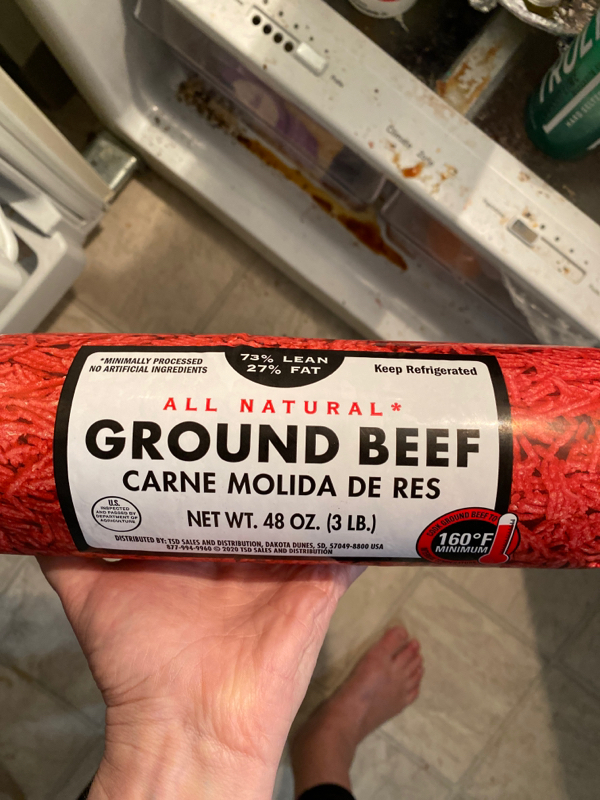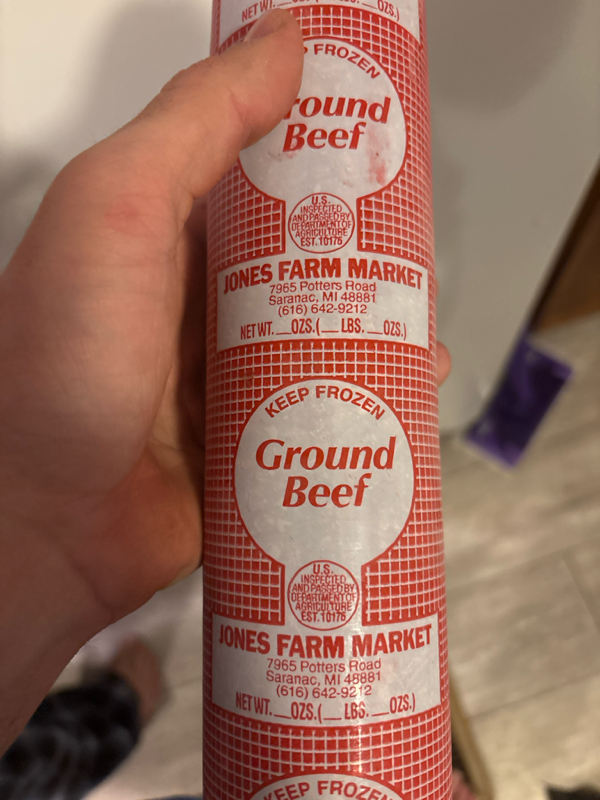MAIN DISHES
Burger
The burger, a popular and iconic American culinary creation, is a delicious, juicy sandwich that typically consists of ground meat—most commonly beef—cooked and seasoned to perfection, then served on a bun. The burger's enduring popularity can be attributed to its mouthwatering combination of textures, as well as the multitude of toppings and flavor combinations that have been concocted over the years.
In addition to the traditional beef patty, burgers have evolved to include a variety of proteins, such as turkey, chicken, fish, and even plant-based alternatives. When served with a multitude of savory toppings and condiments such as lettuce, tomatoes, onions, pickles, cheese, ketchup, mustard, and mayonnaise, a burger can easily cater to the preferences of even the pickiest eaters.
15%
CARBS
32%
FAT
54%
PROTEIN
652 Burger Products
48 Recipes for Burger
Burger FAQ
What ingredients do I need to make burgers?
How do I shape the burgers?
What's the best way to cook burgers?
Can I use a different type of meat for the burgers?
How can I make my burgers juicier?
What are some common mistakes to avoid when cooking burgers?
How do I store leftover burgers?
What are some tips for making burgers for a large group?
Expiration & Storage Tips
When does Burger expire?
An unopened, store-bought burger (both frozen and ready-to-eat varieties) should ideally be consumed by the 'best before' date printed on the packaging. However, if stored properly and maintained at an optimum temperature, it can often last 1-2 days beyond this date. Once opened or cooked, burgers should ideally be eaten within 2-3 days if refrigerated, and 2-3 months if frozen. Homemade burgers from fresh ingredients should also be consumed within 2-3 days if refrigerated and 2-3 months if frozen.
How do you tell if Burger is bad?
The best way to determine whether a burger has spoiled is by observing its color, smell, and texture. Fresh meat retains a reddish color and should have a clean smell. When a burger goes bad, you may notice the meat turn an opaque gray or brown, and it may emit a foul, sour, or 'off' smell. If the burger is also slimy or sticky to the touch, these are clear indicators that it should not be consumed. In frozen burgers, ice crystals or freezer burn may also indicate that the burger is past its prime.
Tips for storing Burger to extend shelf life
• Always refrigerate or freeze burgers as soon as possible after purchase or preparation.
• Store burgers in airtight containers or resealable plastic bags to prevent exposure to air, which can speed up spoilage.
• If freezing, try to use a deep freeze rather than the freezer compartment of your fridge, as this can help to maintain the quality of the burgers for longer.
• Always defrost frozen burgers in the refrigerator rather than at room temperature to reduce the risk of bacterial growth.
• Consider separating burgers with wax paper before freezing, as this will make it easier to defrost individual servings without needing to defrost the whole batch.
• Ensure your refrigerator is set to the correct temperature (below 5°C/41°F) for optimum stored freshness.
EXPIRES WITHIN
2 - 3.6
YEARS
Equivalents
Health Info
Macros
10g
CARBS
23g
FAT
38g
PROTEIN
Allowed on these diets
LOW FAT
HIGH CALCIUM
MEDITERRANEAN
LACTOSE FREE
GLUTEN FREE

